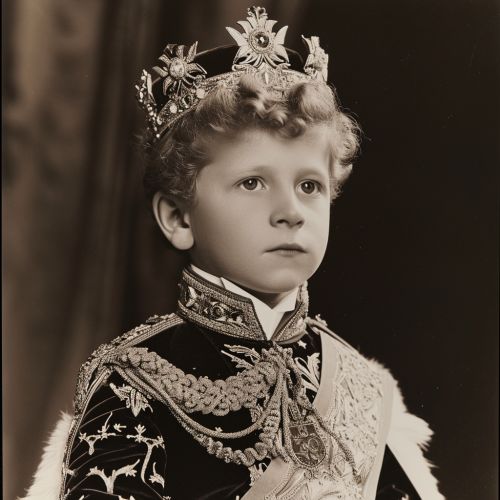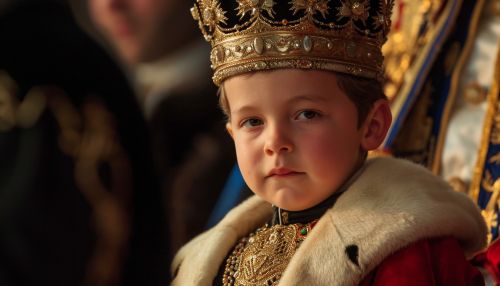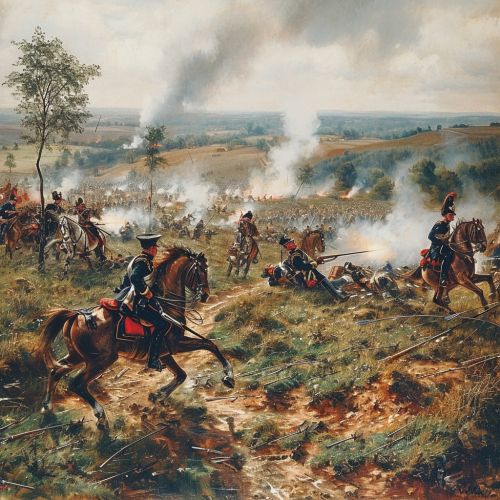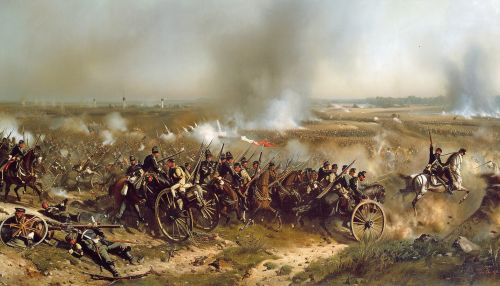Ottokar II of Bohemia
Early Life
Ottokar II, also known as Ottokar II Přemysl, was born in 1233. He was the eldest son of King Wenceslaus I and his wife, Kunigunde. He belonged to the Přemyslid dynasty, a royal dynasty which ruled in the lands of Bohemia and Moravia.


Ascension to the Throne
Upon the death of his father in 1253, Ottokar II ascended the throne of Bohemia. His rule was initially marked by a power struggle with his younger brother, Vladislaus. However, Ottokar II eventually managed to consolidate his power and establish his rule over the entire kingdom.
Expansion of Power
Ottokar II was a highly ambitious ruler. He sought to expand his power beyond the borders of Bohemia, aiming to establish a vast Central European empire. His expansionist policies led to the acquisition of Austria, Styria, Carinthia, and Carniola, territories that were part of the Babenberg inheritance.
Conflict with Rudolf I
Ottokar II's expansionist policies eventually led to conflict with Rudolf I, the newly elected King of the Romans. Rudolf I sought to curb Ottokar II's power and reclaim the territories that were part of the Babenberg inheritance. This led to the outbreak of the Austro-Prussian War, a conflict that would ultimately lead to Ottokar II's downfall.
Battle of Marchfeld
The Battle of Marchfeld was a decisive moment in Ottokar II's reign. The battle, which took place on August 26, 1278, saw the forces of Ottokar II pitted against those of Rudolf I. Despite a valiant effort, Ottokar II's forces were defeated, and the king himself was killed in the battle.


Legacy
Despite his defeat and death at the Battle of Marchfeld, Ottokar II left a significant legacy. His ambitious expansionist policies laid the groundwork for the future rise of the Habsburg dynasty, which would rule over a vast Central European empire for centuries to come.
